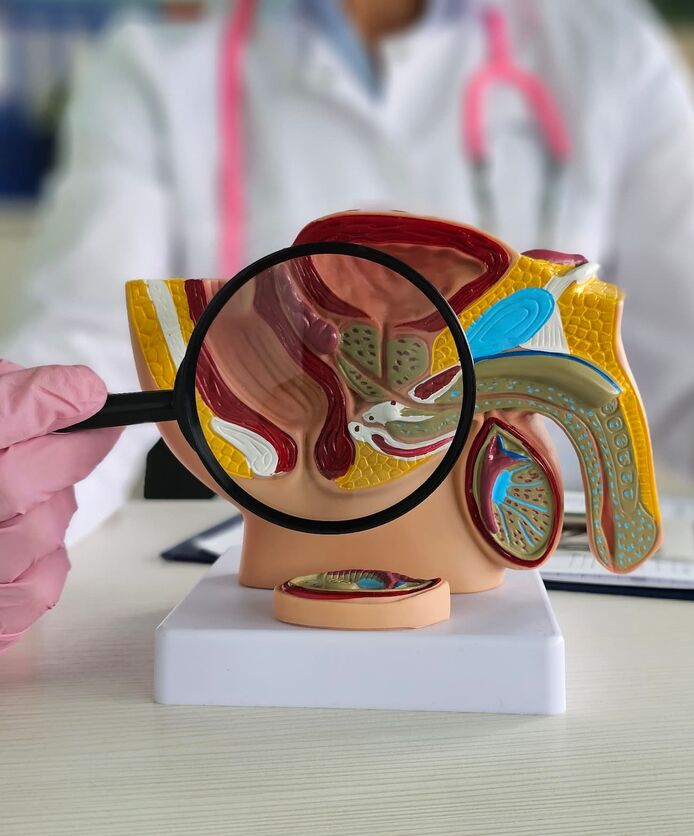Achieving Your Weight Loss Goals: Effective Strategies and Healthy Habits

Weight loss is a common goal for many individuals looking to improve their health and well-being. Understanding the key factors that contribute to successful weight loss can help you achieve and maintain a healthy weight.
Understanding Weight Loss
Weight loss occurs when you consume fewer calories than your body needs for energy. This can be achieved by reducing calorie intake, increasing physical activity, or a combination of both. The fundamental principle of weight loss is to create a calorie deficit, where the number of calories burned exceeds the number of calories consumed.
Effective Strategies for Weight Loss
1. Balanced Diet
A balanced diet is essential for weight loss. Focus on:
- Whole Foods: Include plenty of fruits, vegetables, lean proteins, and whole grains.
- Portion Control: Be mindful of portion sizes to avoid overeating.
- Healthy Fats: Incorporate healthy fats from sources like avocados, nuts, and olive oil.
- Limit Processed Foods: Reduce intake of processed and sugary foods that are high in empty calories.
2. Regular Physical Activity
Physical activity is crucial for burning calories and improving overall health. Aim for at least 150 minutes of moderate-intensity exercise per week, such as:
- Cardiovascular Exercise: Activities like walking, running, cycling, and swimming.
- Strength Training: Building muscle can increase your resting metabolic rate, helping you burn more calories even at rest.
3. Behavioural Changes
Adopting healthy habits and behavioural changes can support long-term weight loss:
- Mindful Eating: Pay attention to what and when you eat to avoid mindless snacking.
- Stay Hydrated: Drinking water before meals can help control hunger and prevent overeating.
- Sleep Well: Ensure you get adequate sleep, as poor sleep can affect hormones that regulate hunger and appetite.
Setting Realistic Goals
Setting realistic and achievable weight loss goals is important for maintaining motivation. Aim for a gradual weight loss of 1-2 pounds per week. This steady approach is more sustainable and less likely to result in the loss of muscle mass.
Monitoring Progress
Track your progress through:
- Regular Weigh-Ins: Weigh yourself at the same time each week to monitor changes.
- Food Diaries: Keep a food diary to stay accountable for your dietary choices.
- Fitness Apps: Use fitness apps to track physical activity and calorie intake.
Reliable Resources and Further Reading
For more detailed information and guidance on weight loss, visit these reputable UK-based resources:
NHS Weight Loss Guide
British Nutrition Foundation: Weight Loss
If you're looking for products to support your weight loss journey, explore our range of weight management solutions:
Achieving weight loss involves a combination of a healthy diet, regular physical activity, and behavioural changes. By understanding and implementing these strategies, you can effectively manage your weight and improve your overall health.
Sources:
- Rahul Mishra, Rishi Raj, Ghada Elshimy, Isain Zapata, Lakshmi Kannan, Priyanka Majety, Dinesh Edem, and Ricardo Correa (2023). Adverse Events Related to Tirzepatide - https://www.ncbi.nlm.nih.gov/pmc/articles/PMC9915969/
- Rouchan Ali, Sharma Arvind Virendra, Pooja A Chawla (2022). Bumps and humps in the success of Tirzepatide as the first GLP1 and GIP receptor agonist - https://www.sciencedirect.com/science/article/pii/S2772632022000216
- Thomas A. Wadden, Ariana M. Chao, Molly Moore, Jena S. Tronieri, Adam Gilden, Anastassia Amaro, Sharon Leonard, and John M. Jakicic (2023). The Role of Lifestyle Modification with Second-Generation Anti-obesity Medications: Comparisons, Questions, and Clinical Opportunities -https://www.ncbi.nlm.nih.gov/pmc/articles/PMC10748770/
This article is for informational purposes only and does not constitute medical advice. The information contained herein is not a substitute for and should never be relied upon for professional medical advice. Always talk to your doctor about the risks and benefits of any treatment or medication.

What causes erectile dysfunction?

What are the symptoms of flu?

How to delay your period

How to ease period cramps

Is the contraceptive pill free?

